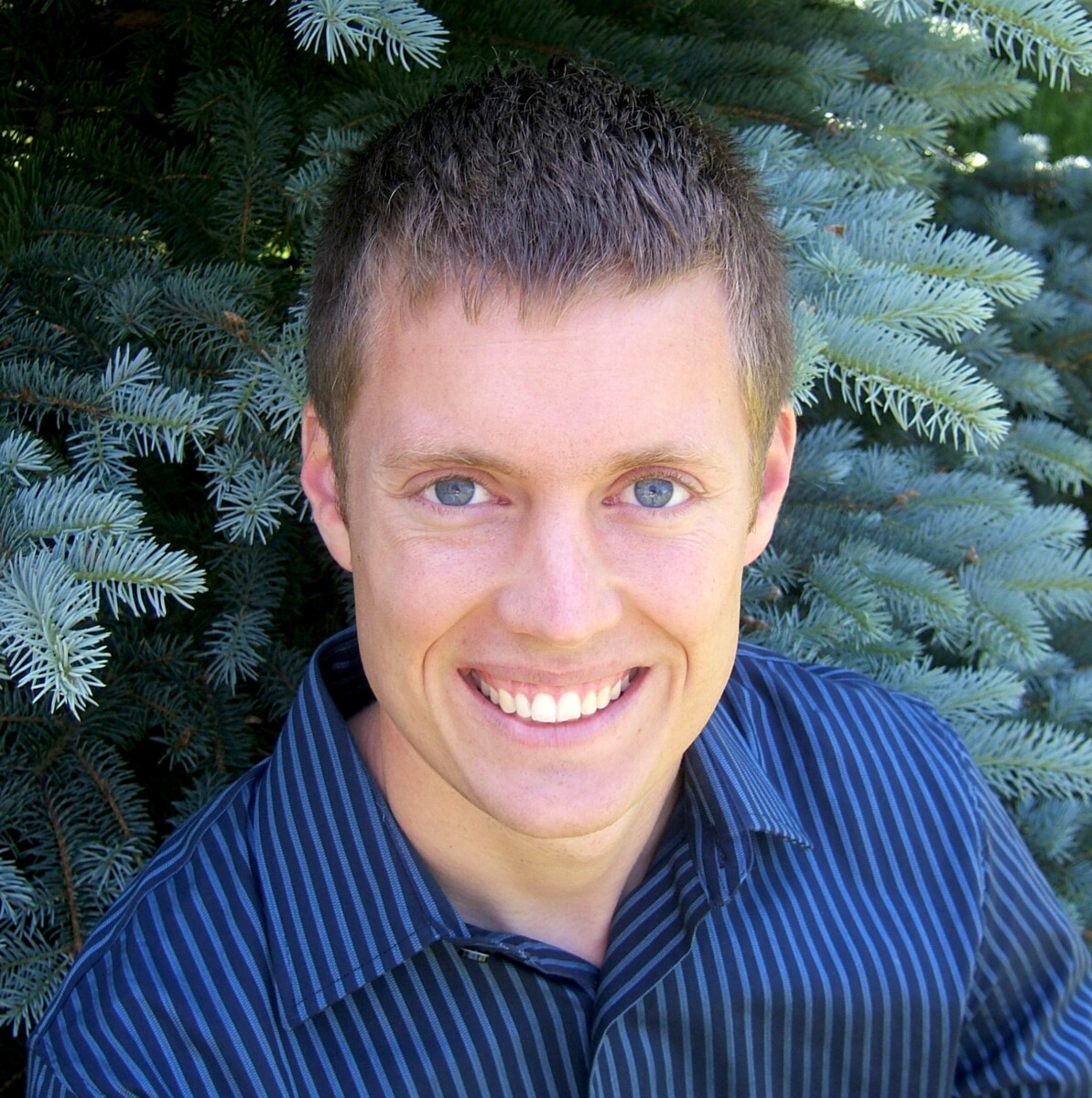I grew up playing all kinds of quirky games to pass the time on family road trips.

One that was almost certainly unique to our family was to notice a church building, wait until it was out of sight, and then ebulliently declare, “Christian Reformed Church! Christian Reformed Chuuurch!”
Once in a while, it actually was a CRC congregation, but most of the time the building belonged to some other denomination. The onus was on other family members to pay attention and contradict the plucky one who staked the claim:
“Nice try, but that was a Presbyterian church” or “Clever move to wait until we turned the corner, but we all saw it was the Baptists.” The idiosyncratic geographic distribution of Christian Reformed congregations meant this was a viable game in places as disparate as California, Florida, Michigan, and Ontario.

I have no recollection as to why my parents turned this into a game (likely desperation with two fidgety boys in the back seat), but a side effect was highlighting our identity. WE were members of the Christian Reformed Church, and these were OUR people. Encountering a CRC during our travels, and pointing it out, was a celebration of what we shared with these strangers. Shared faith, shared theology, shared culture.
Even as a kid, I knew that my denomination was not the largest or most glamorous. We were part of a small branch of Protestant Christianity, largely overlooked by national headlines and unfamiliar to most North Americans. But it didn’t matter; we knew who we were and we were proud of it. Maybe the game caught on because we implicitly recognized the need to stick together with other members of a “small fish” denomination in a big religious pond.
My wife and I recently moved back to our home state of Michigan after four years living in Colorado. CRCs are few and far between in the intermountain west and we attended a church belonging to another denomination. Back on “home turf” though, it didn’t take long for me to reflexively start playing the game again. “Christian Reformed Church! Christian Reformed Chuuurch!” I recently announced to my puzzled wife. Except, this time, I found my declaration didn’t evoke feelings of belonging or togetherness, but separation and sadness.
The last three years of CRC synod decisions regarding the confessional status of a narrow definition of “chastity” make it clear that I am no longer welcome. That’s because I think churches can welcome committed same-gender couples without compromising adherence to orthodox Christian faith. As a heterosexual male, I have had the luxury over the years of choosing whether to engage with the denominational debate on homosexuality. I could easily join the CRC congregation down the road from my new house and fit right in, as long as I kept my opinion to myself.
But why return to a denomination that now demands uniformity on a matter of conscience? One that has explicitly ruled out my eligibility to be a lay leader in my congregation because my views? The CRC will always be part of my heritage, but I’ve found it is no longer part of my identity.
Feeling excluded hurts, but I guess I’m just feeling a tiny bit of the alienation my LGBTQ+ friends who grew up in the Christian Reformed Church felt all along.


8 Responses
Yes! I consider it my honor to feel the alienation with them. I am also honored to feel the racism that my black granddaughters endure on occasion. It’s the way of Jesus. Done.
Thank you for this tender documentation on the page. History has her ways even as we each play our parts, make our choices. I’m curious about how your brother, if he is still in the land of the living, might narrate his church journey. I know, for me, around the family circle, the voices vary.
Hi Emily, my brother was an ordained pastor in the CRC for over a decade before pursuing a career in cross-cultural education. Last we discussed it, we have different views on the question of homosexuality, but I haven’t gotten his thoughts on how the actions of successive synods have played out.
Same story for me. My home church left the RCA largely because of the gay marriage issue. Then I began helping a nearby CRC church plant get started. While serving as an elder, I find that the denomination has rejected me. I’ve been happy to sit alongside with those who differ from me but apparently those left in the CRC are not willing to sit beside me. The last thing this infant church needs is to be torn apart by a decisive issue like this so I’m not sure what to do.
Steve, thanks for your thoughtful essay. Your church game reminds me of how my dad would bring the CRC Yearbook on camping trips so that we could eat our lunch, using our folded-down camper as a table, in CRC parking lots.
Good work of describing the human side of theological and ecclesiastical differences in the CRC. Thanks, Steve.
Steve, Well said neph…. Although the current pain is with the decision the long term hurt and sadness will be with the process for that is what lingers in our hearts. Clarity and Purity are words and concepts often used by those who wish to assert their “ truth” in a roughshod way over others. May we be loving and supportive to those who have been, and continue to be, on a healing journey.
Dear Steve,
The origin of the family church name game is lost on me as well but, in addition to passing time and noting the reach of the CRC, it reminded us all that the CRC is just one tent in the vast Christian campground. And even as confessional status shrinks the CRC to a pup tent and pushes some people out, there are many more tents with open flaps and extra space. I’m glad you found one!
Love,
Dad